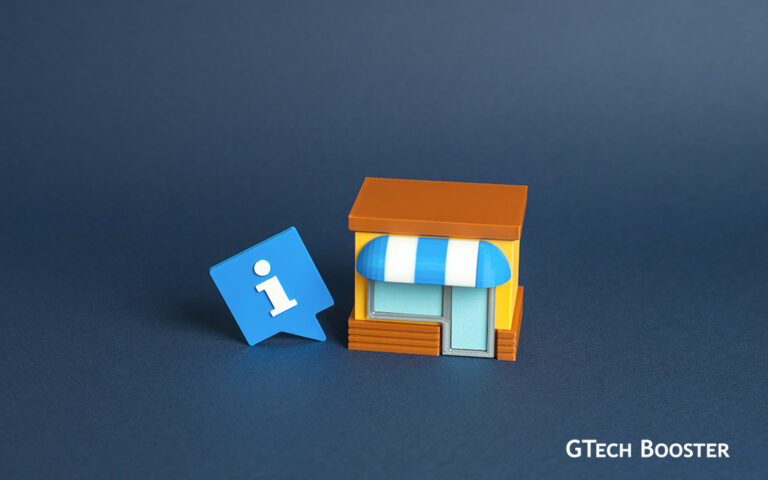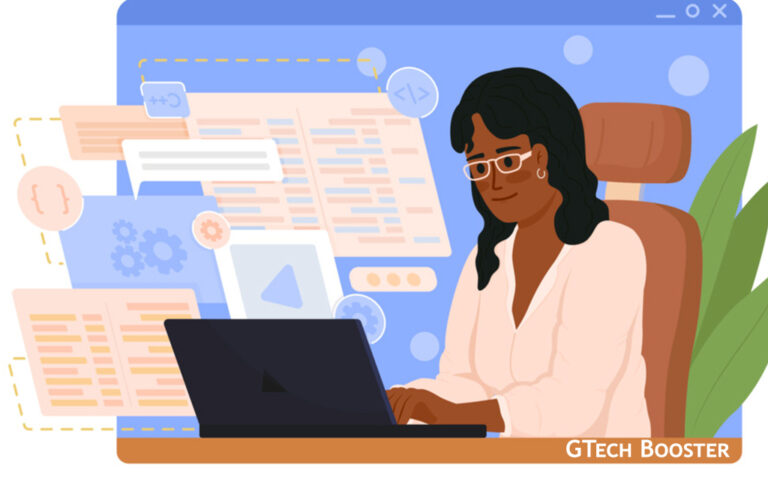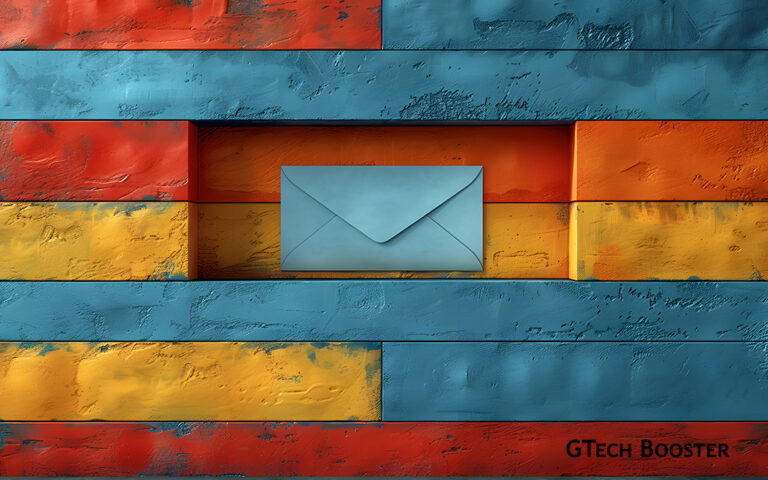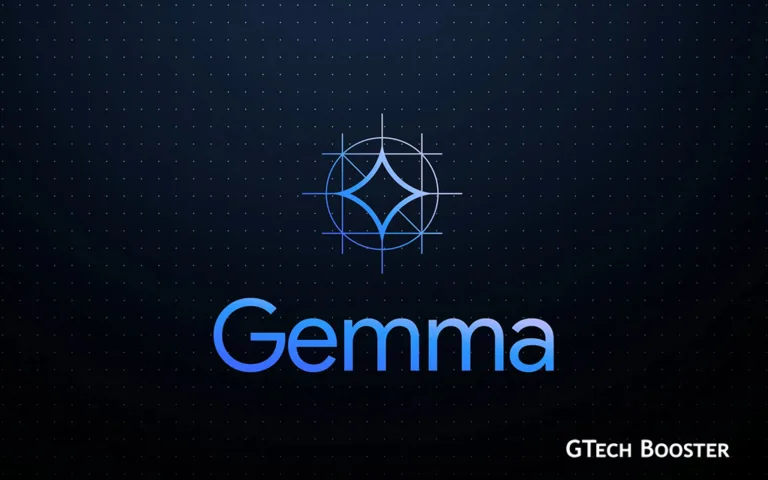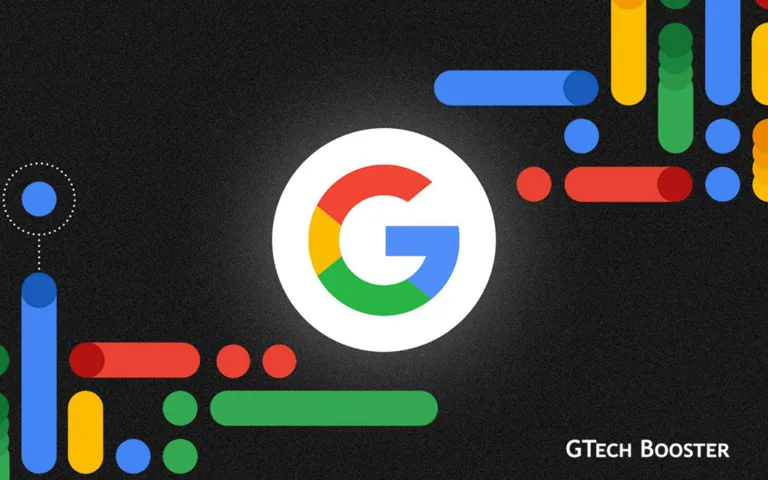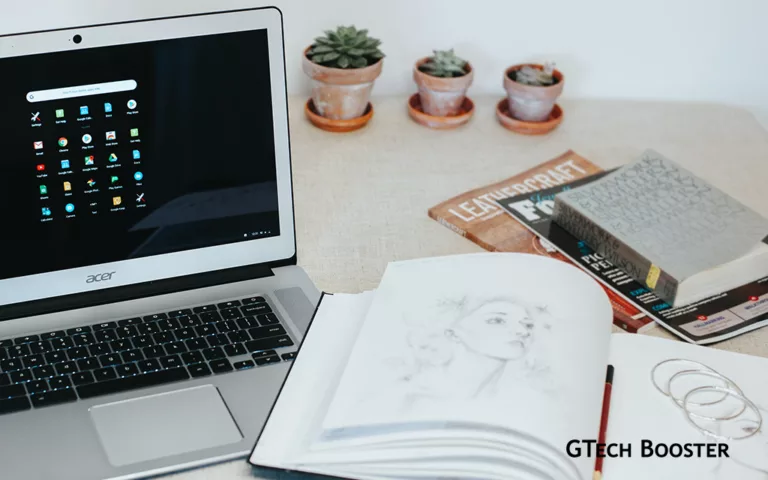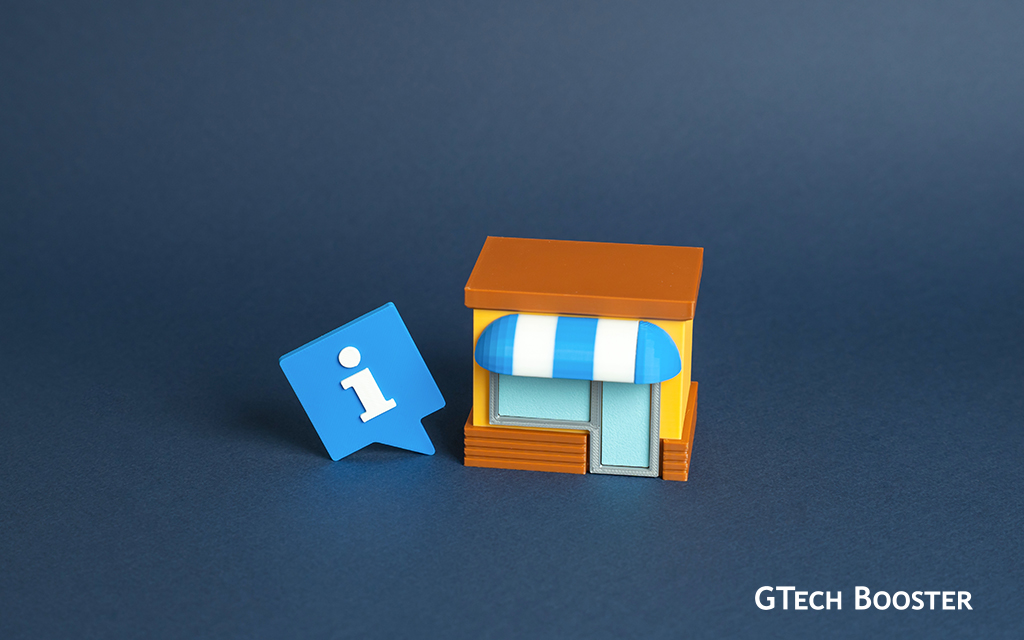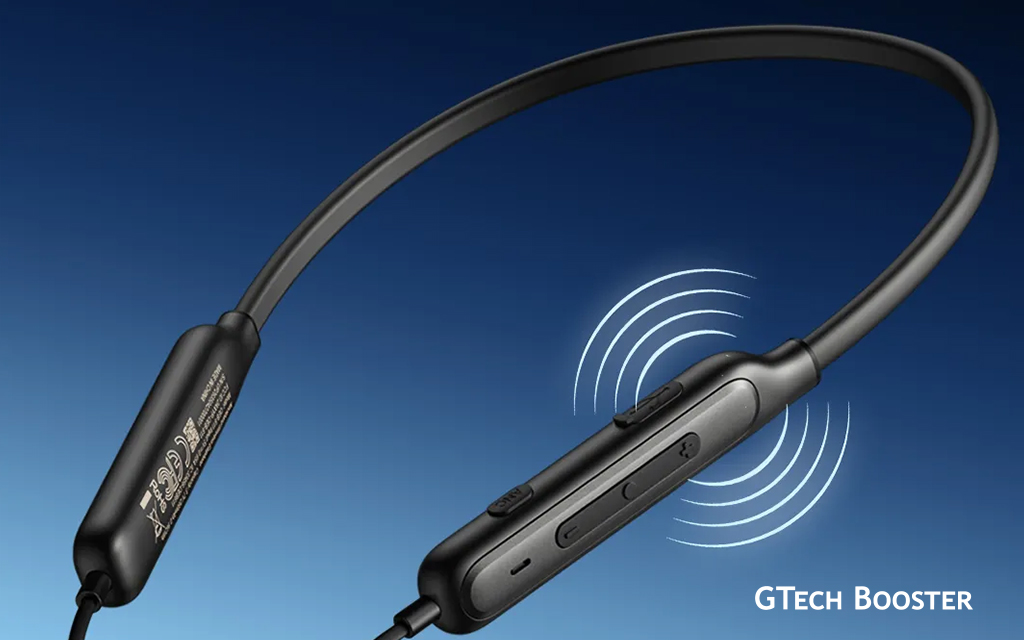The Fate Of Programming hanging
The Android issue has been hanging over us for nearly a decade and there is some relief in thinking that the matter could be settled once and for all. But .....

In an unexpected turn of events, the U.S. Supreme Court has agreed to hear Google’s petition asking for a judicial review of the copyright issues stemming from the Oracle v Google lawsuit. This will impact the future not only of Android but software in general.
The Android issue has been hanging over us for nearly a decade and there is some relief in thinking that the matter could be settled once and for all. But if the Supreme Court isn’t swayed by arguments set out in the Amicus Brief of 78 computer scientists it isn’t just Google and Android that will face penalties, the very foundations on which software is built will be impacted and code everywhere will be open to attack from copyright trolls.
In 2010, when Oracle initially sued Google over the use of Java in the Android operating system, we thought it could spell doom for Android, and that seemed bad enough. Once the issue was widened to the question of whether APIs are copyrightable, the stakes became much higher and success for Oracle in the lawsuit could threaten the fundamental premise on which software is developed – that existing APIs can be used in new and novel implementations.
To recap of the story so far, the case concerns 11,500 lines of code that Google is accused of copying from Java in the pre-Oracle era. In June 2012, U.S. District Judge William Alsup, who heard the case in the Northern District of California ruled that the code in question was so trivial that it was uncopyrightable.
This decision was reversed in May 2014 by a three-judge panel of the United States Court of Appeals for the Federal Circuit. At this point Google petitioned the US Supreme Court to hear the case to settle the issue of copyrightability. The petition was supported by an Amicus Brief filed by the Electronic Frontier Foundation on behalf of 77 computer scientists which urged the Supreme Court to overturn the finding that APIs are copyrightable.
After seeking the advice of the Obama administration, which indicated the view that APIs are copyrightable the Supreme Court accepted the Solicitor General’s recommendation not to re-open the debate and denied to hear the petition and sent the case back to Federal circuit.
This led to a repeat scenario. In the second jury trial in May 2016, again heard in the Northern District of California by Judge Alsop the verdict was that Google’s use of the 37 Java APIs constituted “fair use”. This was then overturned in March 2018 by the U.S. Court of Appeals for the Federal Circuit in Washington with the same three judges who had found in Oracle’s favour in 2014 determining again that Google infringed copyright law in using Oracle’s software code.
In January 2019 Google petitioned the Supreme Court to review the decision. This was supported not by the Amicus Brief filed on behalf of 78 computer scientists by the Electronic Frontier Foundation (which is the one that is to be considered by the Supreme Court) but also ones from Microsoft and from a group comprising Mozilla, Mapbox, Medium, Patreon, Etsy and the Wikimedia Foundation.
Yesterday’s court order that Google’s Petition of a Writ of Certiorari and the supporting Amicus Brief are to be heard by the Supreme Court comes as a surprise in view of the fact that the Solicitor General, this time the Trump administration had again advised against this course of action.
The Supreme Court hasn’t yet announced when the hearing will take place but it is likely to be during the current court session with a ruling expected by the end of June 2020.
This hearing will have ramifications for every company and individual who produces code – not just Android and Java code but all code. We really do have to hope that the Supreme Court judges who assemble to hear the case have insights into what makes creating software a special case – and not be treated as it is is poetry, drama or fiction.
